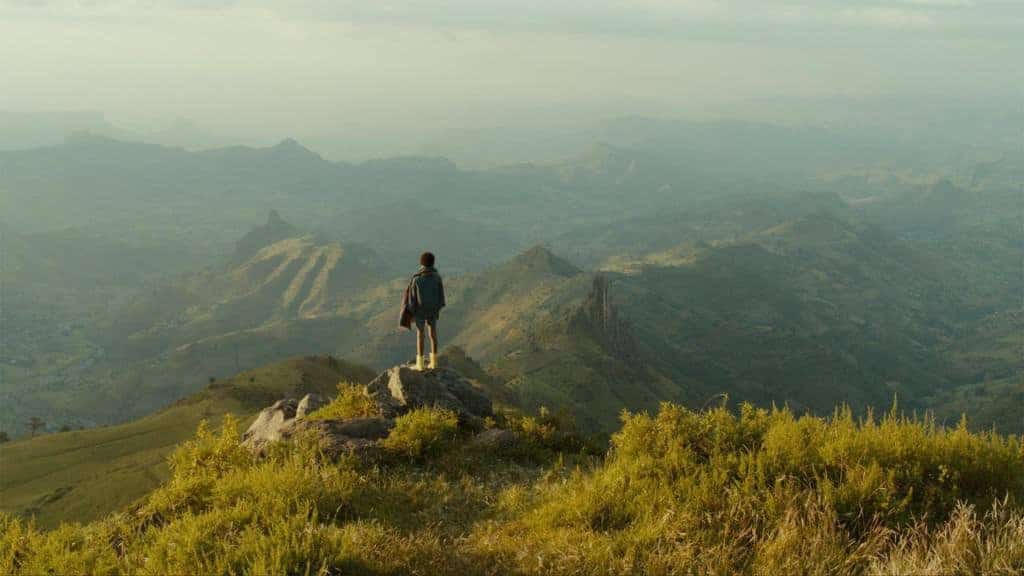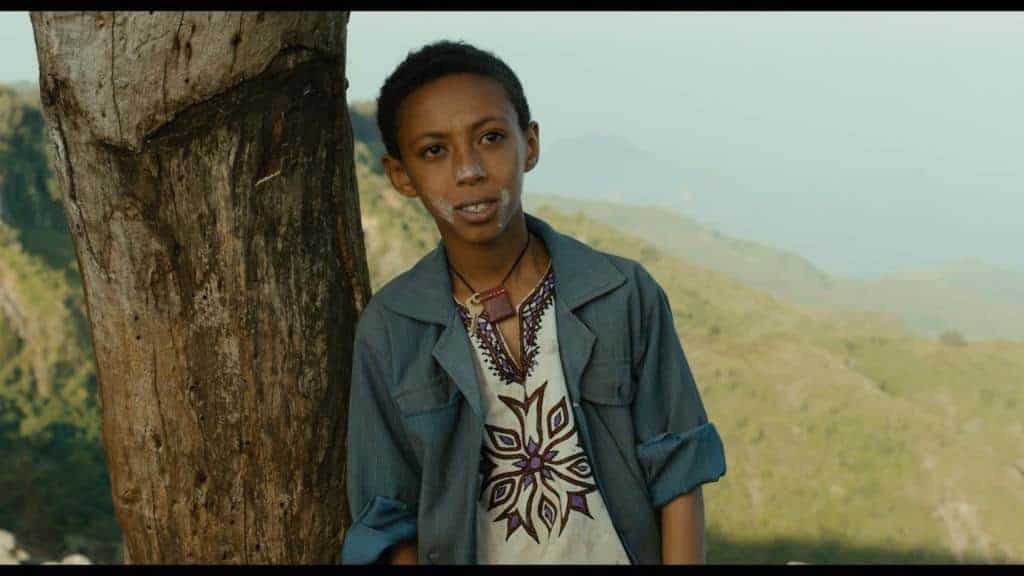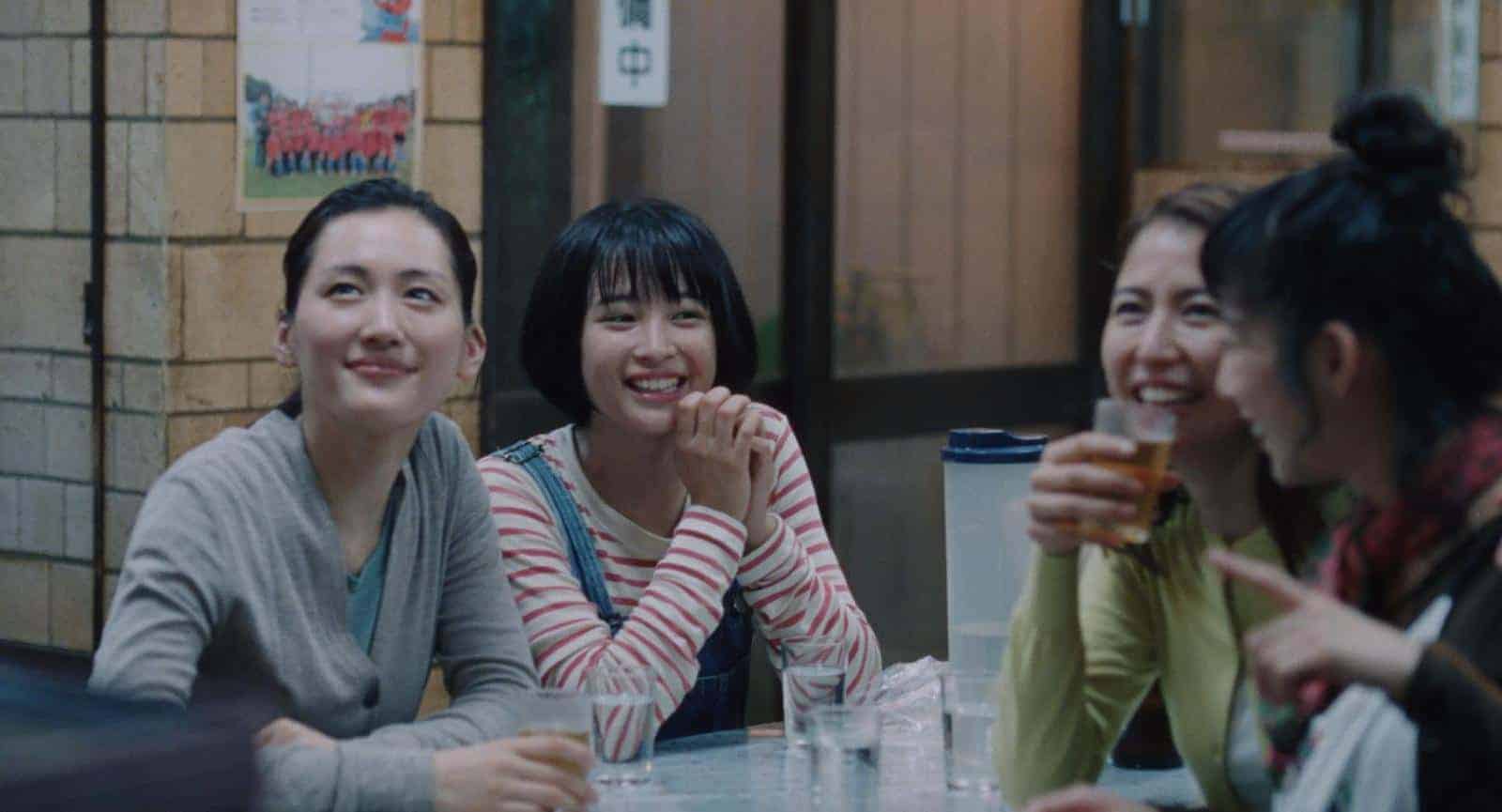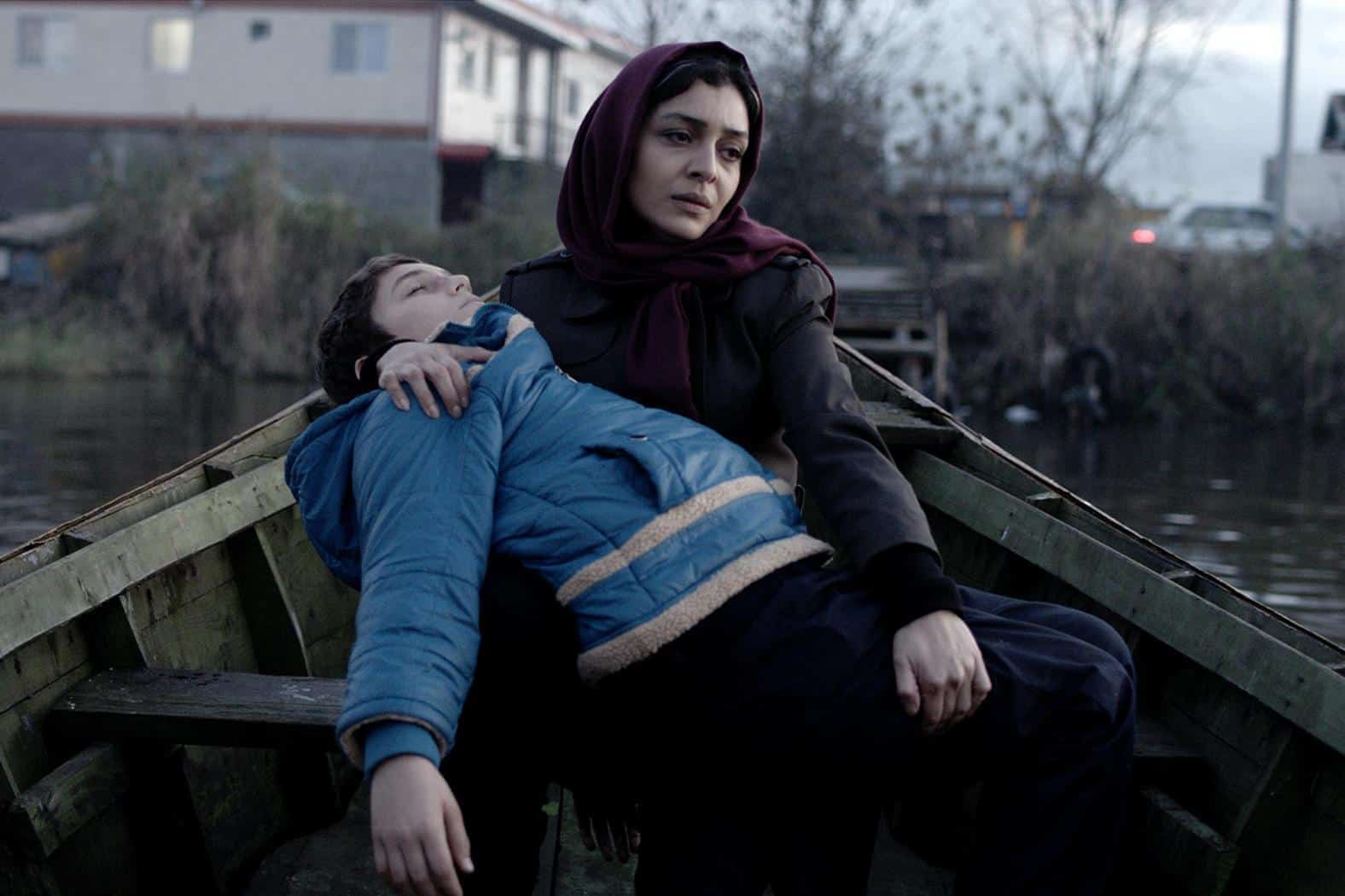Yared Zeleke’s first film, Lamb, about a young boy forced to leave his hometown with only his pet lamb for comfort, was the first Ethiopian film to screen in the Cannes Un Certain Regard competition.

Wednesday’s Un Certain Regard premiere of Yared Zeleke’s first film, Lamb, was an historic event: the first Ethiopian film to ever screen at the Cannes Film Festival in the Official Selection. Lamb is also the only African film in the Un Certain Regard sidebar this year. The film is a touching, if simple, story of a young boy, Ephraïm (Rediat Amare), forced to leave his hometown because of famine — it already took his mother’s life — to live with his aunt and uncle while his father finds work in town. His only friend and source of comfort, the one stable part of his life, is his barren lamb Chuni.
The film opens with Ephraïm running his hand through Chuni’s golden-brown fur, before we cut to a long shot of the two of them running in a field of grass. They’re inseparable in the frame and in life. At home, Ephraïm cooks with his father, and at night, they sleep side by side, cuddling sweetly. It’s their last night before they have to move away, leaving everything familiar behind. Boarding a crowded bus, with Chuni strapped onto the roof with the luggage, they head to see their family in search of a better future.

Ephraïm has trouble fitting in at his new home. He loves to cook, but that’s derisively considered “women’s work,” and his uncle bullies him for doing it. He’s not trained in “men’s work” either, unable to operate a plough on the farm. They’re in a fairly remote area with no other kids his age nearby except his cousin, Tsion (Kidist Siyum), a teenage girl of marrying age who has bigger dreams for herself. She reads voraciously, picking up facts about better managing the farm and her family’s nutrition, which they refuse to listen to. She has dreams of leaving town to go to college and learn more about advanced farming methods. She’s an angry misfit, too, but it takes her a while to notice a kindred spirit. So Ephraïm finds himself excusing himself from family parties to spend time with Chuni in the barn.
As a barren lamb, Chuni is a ticking time bomb. Ephraïm’s uncle need only taunt him for being a “sissy” a few times before he’s decided they’ll sacrifice and eat Chuni for the upcoming holiday. Unable to imagine losing his one comfort from home, Ephraïm sets about a plan to raise the necessary bus fare for Chuni and him to return home to spare Chuni’s life.
By keeping the camera at Ephraïm’s height, Zeleke immerses us in the boy’s point of view, allowing us to see just how hard it is for him to adapt to change. When he first hugs his father goodbye, his father’s head is cut off, out of frame. He’s caressing Ephraïm who is shaking, on the verge of tears. Zeleke carefully composes each frame with Ephraïm and Chuni together to find the romance. In long shots, he sets them against the majesty of the landscape. In medium shots, we see their intimacy. Much like White God, last year’s Un Certain Regard winner about a girl and her dog, “Lamb” is also full of bold, beautiful colours. There are the greens, blues, and browns of the stunning landscape and the costumes full of rich earth tones. Ephraïm’s situation may seem bleak to him, but there’s so much joy in the images.
Although the aftermath of Ephraïm’s migration, and his relationship with Chuni, are the mainstays of the film, Zeleke vividly captures the landscape and the harsh realities of daily life. When Ephraïm washes his hands, his uncle tells him to ease up on his water use: they’re in a drought and the date of the next rainfall is uncertain. Tsion is often spouting useful facts about food that get ignored because she’s a woman, and we see just how difficult it is for her to try to pursue a different path; the patriarchy is strong. Her rebellion, until she finds a way to leave, is limited to refusing to braid her hair, a necessity to be presentable for potential suitors. Meanwhile, food rations are constantly under discussion, and whenever the family has a problem, their first step is to consult a religious leader even when medical advice or scientific expertise are, it’s clear to Tsion, what they need. It’s a subtle but textured look at present day Ethiopia while focussing our attention on Ephraïm’s personal journey.

